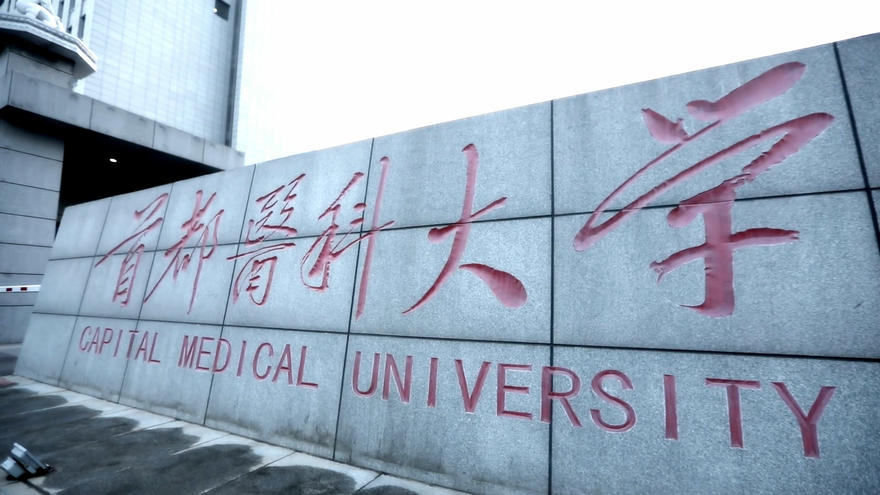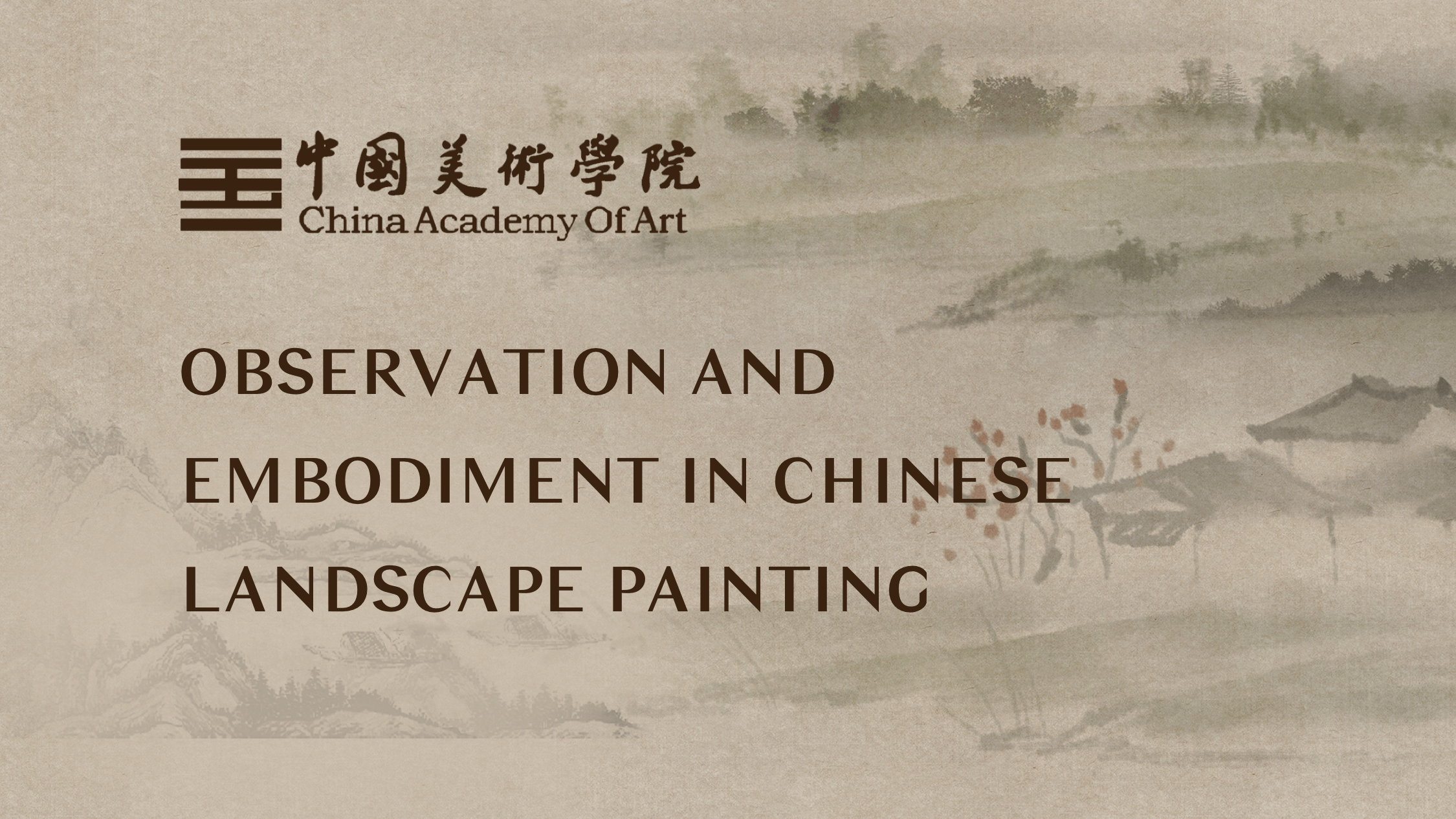
About This Course
In the history of Chinese landscape painting, the Song and Yuan dynasties represent a golden age which saw the attainment of unprecedented artistic heights, and the coming forth of accomplished masters in great numbers. This course is based on the in-depth analysis and copy of four classic landscape paintings, namely Fan Kuan’s “Traveling amid Mountains and Gorges” of the Northern Song dynasty, Xia Gui’s “Pure and Remote View of Hills and Streams” of the Southern Song dynasty, Huang Gongwang’s “Dwelling in the Fuchun Mountains” of the early Yuan dynasty, and Wang Mengs’s “Dwelling in the Qingbian Mountains” of the late Yuan dynasty, and thus touches upon the forming of Chinese landscape painting’s distinct system of humanistic values, which lies rooted in the painter’s attunement to nature and his constant observation of the universe, and further connects the spiritual essence and core thought that lie between the concepts of inheriting and imparting on one side, and new development on the other. The adage that we ought to “resort to the brush-and-ink of the Yuan to move the mountains and gullies of the Song” constitutes for us a source from which we may draw lessons from our ancestors, inherit the past and open up the present. The premise of investigating to the very root of things, consolidating the foundation and cultivating the spirit is to “learn from nature while attaining inner realisation” (“外师造化,中得心源”). We thus treat plein-air painting as a cause and art creation as its final result. Learning landscape painting should lead to the transforming of traditional brush-and-ink philosophy through the experiencing of nature’s visible phenomena, the broadening of the learner’s academic vision and the fostering of his creative talent. The external world stimulates the mind, feelings are generated through the latter’s contact with the landscape, and the final scene is created by the mind. “Observation” and “embodiment” do not hinder each other. As the mind penetrates everything both from within and without, and as it observes the world, all elements coordinate with one another, and both the object and the self come into being. The contemplation of the universe leads to the establishment of one's true intention. The mental image produced by the saying “heaven and earth coexist with me, and all things are one with me” depends on the painter’s way of perceiving nature, since his vision thereof shall determine his methodology. In this does also reside the universal vision of landscape painting and the mind’s unifying vitality. This equally constitutes the continuous sublimation of the brush-and-ink dimension, the humanistic realm, and of Life itself in the process of artistic creation.
Course Staff
 Zhang Jie
Zhang Jie
Zhang Jie is a member of the Academic Committee at China Academy of Art, Dean of the School of Chinese Painting and Calligraphy, Executive Director of the Fine Arts Curricular Committee, Associate Director of the Research Institute of Chinese Painting, member of the editorial board of New Arts magazine, academic leader, professor, doctoral supervisor, and Director of the Research Institute for Ancient Chinese Painting and Calligraphy.
Professor Zhang is also Deputy Director of the China Artists Association’s Chinese Painting Committee, Executive Director of the Chinese Painting Society of the Ministry of Culture, researcher at the China National Academy of Painting, researcher at the Research Institute for Chinese Painting Creation, evaluation expert at the Academic Degree Centre of the Ministry of Education, member of the presidium of the Zhejiang Artists Association, and member of the Xiling Seal Engraver’s Society.




